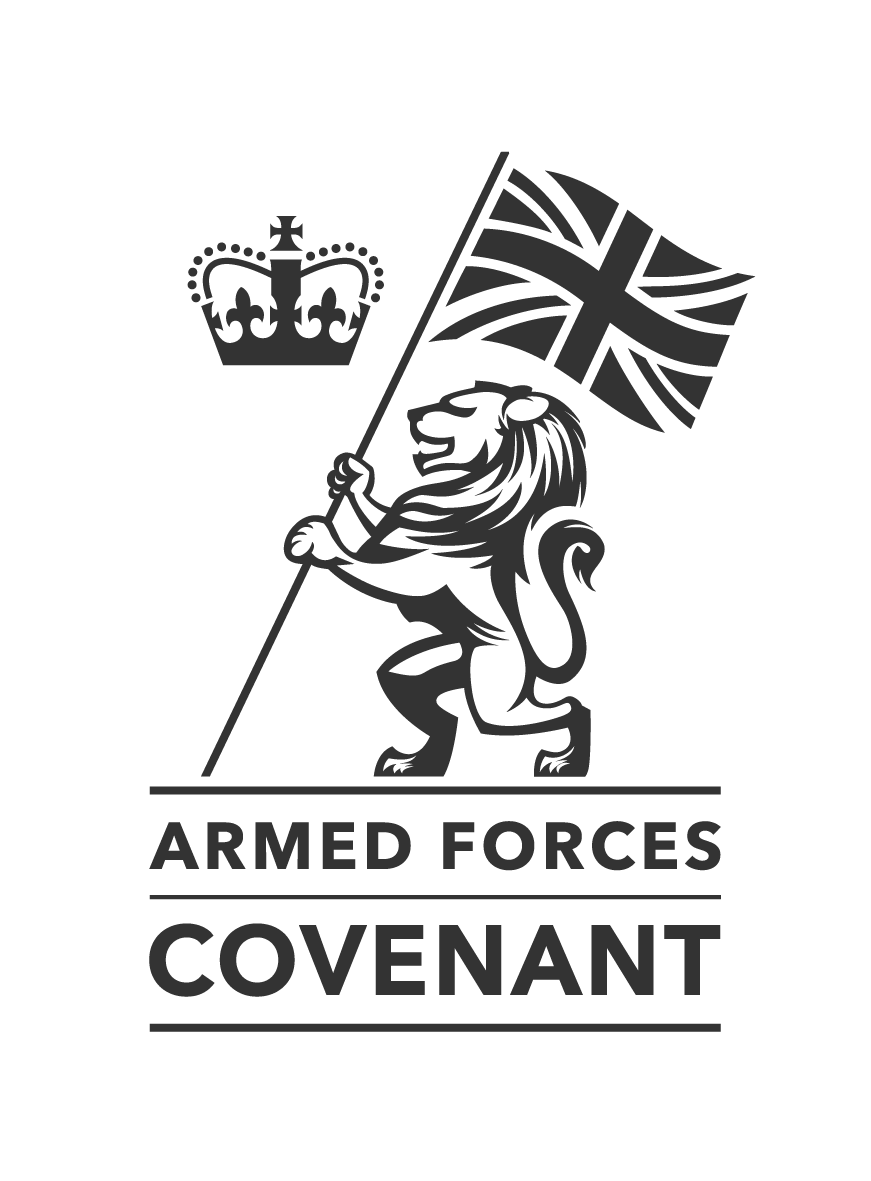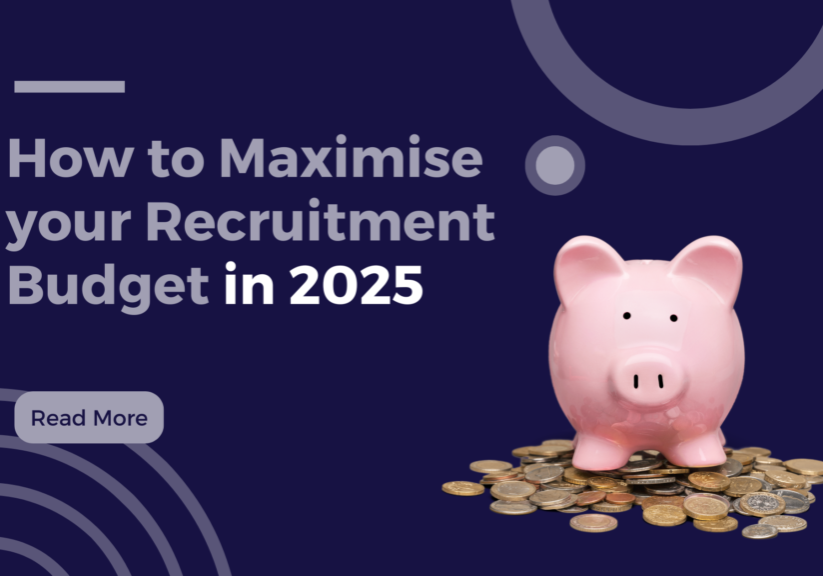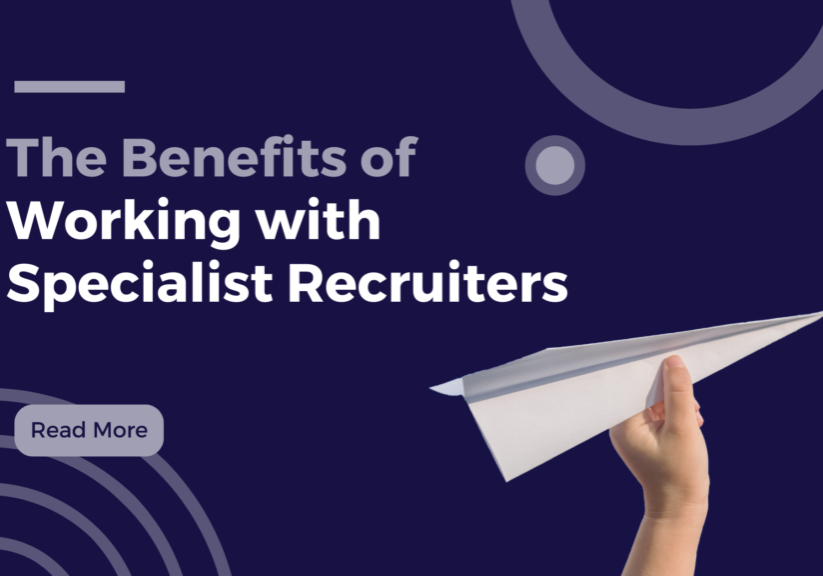Well, you’ve come this far and in today’s crowded marketplace, that’s a real achievement. The job application process to this point probably felt a little like it was out of your control, but that’s all about to change. If you continue to prepare diligently and respect the process, then you have a great chance of getting the new job you worked so hard for.
First port of call for your preparation is the company website. Whilst an interview is not necessarily a competition to see who can remember the most, it’s important that you understand what they do and who they do it for, as well as where they operate and what their company values and ethos are. Search online for notable projects and events that they might be involved in, ready to reference this if you get an appropriate opportunity.
Strong soft skills remain at the top of most recruiting agendas, so be sure to align your answers with the company values wherever you can. Understanding the technical competencies that the role is built around is clearly essential, but it’s also as important to understand the context of the role and what the client is looking for beyond the job description. Clients really like to hear that you have looked deeply into their business, so for instance, if you admire their position on corporate social responsibility, tell them! This will set you apart from the competition.
When you understand the company and what they represent, turn your attention to the interviewers. Your recruiter and social media will help you to build a detailed picture of whoever you’re meeting and you are bound to have some mutual contacts, so reach out to them as well. Intelligence gathering is probably something you’ve done in your day job, don’t stop now!
Now work through the job specification and consider how you fit what they are looking for, preparing examples for the competencies. The Problem/Action/Result framework helps you to construct answers to interview questions –
- Problem – What was the situation/problem?
- Action – What did you do? How did you do it?
- Result – So, what….? What was the outcome?
Keep your examples concise and relevant and don’t get so hung up one area that you forget the other. Sometimes candidates are so passionate about what they did, that they forget to talk about the results of their work. Another trap that people fall into is talking about what ‘we’ did, rather than what they did. Try to spend an equal amount of time on each element of your answer, avoiding acronyms and industry jargon.
Some words about panel interviews. It’s likely that the dynamics may feel a little unnatural at the outset. Perhaps the Talent Acquisition Manager might have only met the hiring manager once, so they won’t know how each other likes to interview and they won’t have any rapport established between themselves. That can sometimes result in a slightly disconnected interview experience, where you aren’t receiving those non-verbal assurances, the smiles and nods, that confirm you’re on the right path. However, don’t be discouraged. This is more usually because people are looking at their pads and writing down answers, than you having missed the target with your answer. Be confident in your answer. Another by-product of a panel interview will be gaps in conversation, as they work out who is speaking next etc. Don’t be tempted to fill the gaps, sit back and let them ask their next question. Finally, engage with everyone on the panel, don’t make a judgement on whom might be most important – include everyone.
Consider what they might ask you away from the role specification. Sometimes candidates will get so focused on preparing for the specifics, they don’t prepare for the obvious stuff. Questions like; Why this role? Why are you looking to leave your current role? Why us? These are ideal opportunities to demonstrate your knowledge around what you know about their business and really flatter them. Let them know how much you want to work for them and how much you want that job. Modern organisations take huge pride in what they do and how they do it, so if you can draw on their values and tie them into your applications and the role itself, that will serve you well.
When you get to the end of the interview, ensure you have questions to ask. They can be around the company culture, the challenges they see in the first six months etc. However, do not try to close them. Despite popular opinion, if you ask your interviewer how they thought you did, you’re backing them into a corner and even if you were terrible…well, they wouldn’t tell you that, would they?
Interviews fundamentally come down to role comprehension, interview preparation and then controlling the controllables. It’s the basic stuff that can send you off kilter, so check your route to the interview, check for car parking and check the dress code.
Planning effectively can reduce stress on the day considerably, so presume nothing and prepare for everything!
Good luck!





